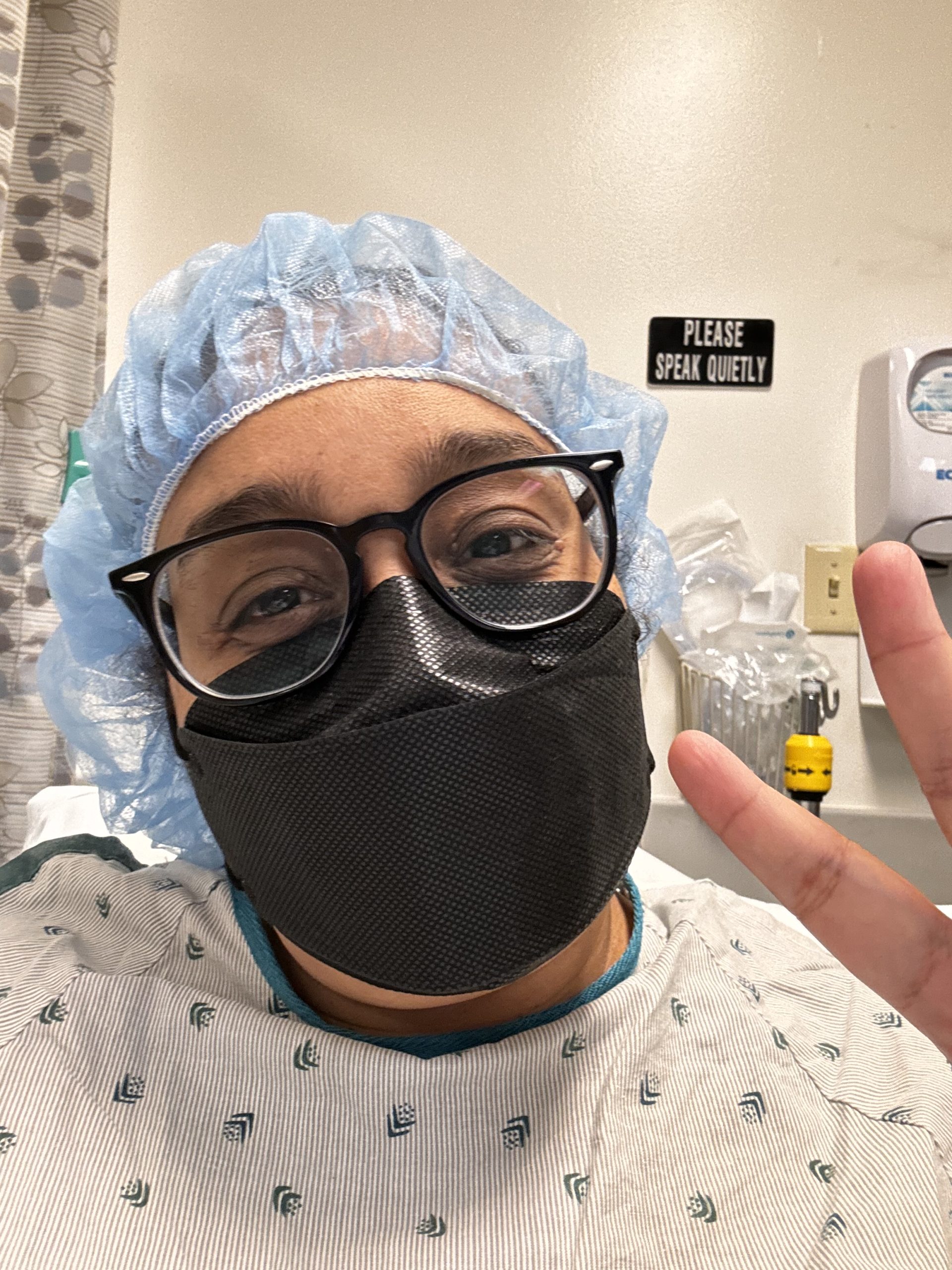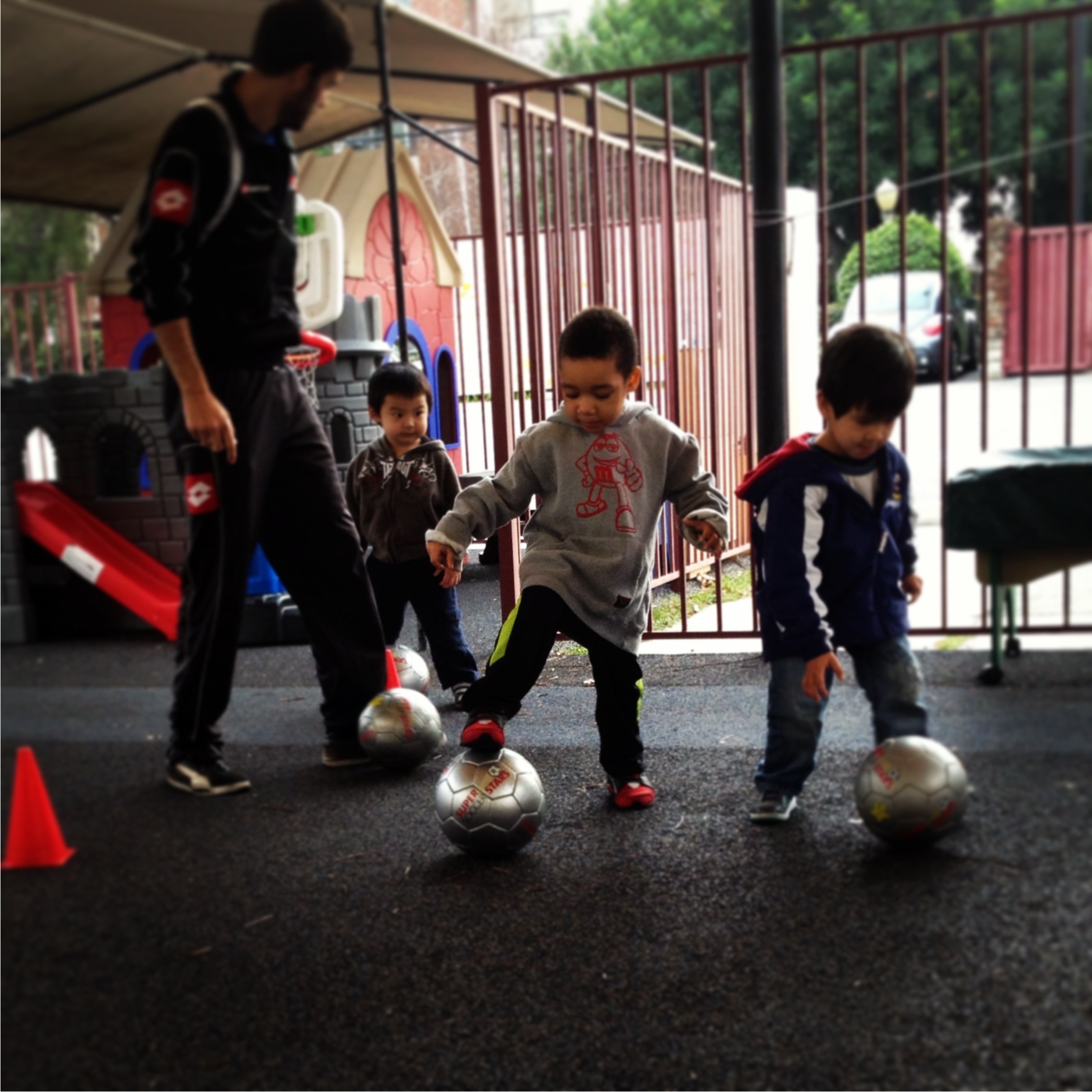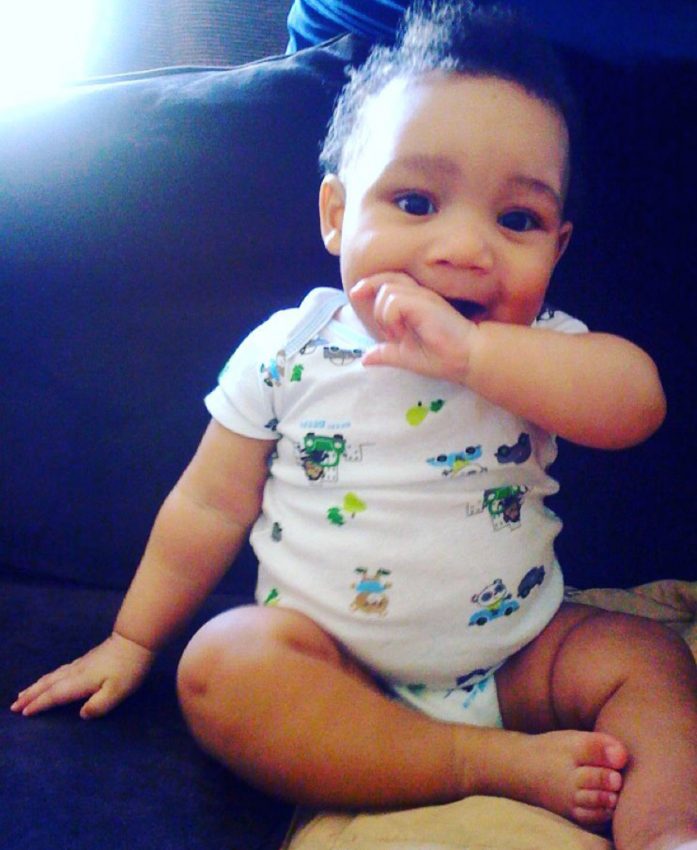Y’all. It’s been a wild, wild ride these last few years. And you know what? I think sometimes people forget that even patients and care partners who are vocal, full-time advocates still face barriers and discrimination in healthcare. When I say “people,” I mean me. I forgot that no matter how hard I work in advocacy, systemic racism and sexism don’t just disappear from the healthcare system. I’ve been fighting for my health and quality of life in such a vicious way that some days, I’ve been too exhausted and too defeated to even share it with y’all. And for that, I apologize. I started this journey with you to tackle these issues together, but honestly, I’ve been hiding behind the shield of IBDMoms. Even while doing policy work, gathering donations, and building community, I wasn’t being transparent about my own struggles. Some days, I didn’t want to face it. I just wanted to live my life and be a normal mom showing up for others.
Look, I’m not a dumb woman. I’m a historian, a policy nerd, and I know how Black women are treated in this country. I know the deep, systemic roots of discrimination. But sometimes, you get so used to the microaggressions or so tired of fighting them that you don’t realize how they’re affecting your health. The gaslighting, the barriers to care, the not listening—it’s not new. You’ve heard my story before. I started having IBD symptoms in 2001 but wasn’t diagnosed until 2008. Somehow, in my head, I thought there was no way I’d have to deal with that level of medical neglect again. Well, I was wrong.
In 2018, I started having weird symptoms—my period slowed down and then stopped completely. I had headaches, I gained weight out of nowhere, my breasts started leaking, and I was having hot flashes and night sweats. I talked to my primary care doctor, and he said, “Sounds like early menopause to me.” He referred me to a male gynecologist, who agreed, saying early menopause is common for women with IBD. I was 35, y’all. Thirty-five. And not once did they consult my GI or think to check my prolactin levels, my thyroid, or consider that maybe something else was going on. It didn’t sit right with me, but then life happened—a family tragedy, a pandemic—and I put my health on the back burner.
It wasn’t until late 2022, when I finally switched to a new primary care physician, that things started to change. She asked a few key questions and immediately ordered bloodwork. Turns out, my prolactin levels were through the roof, like what you’d see in someone in their second trimester of pregnancy. She quickly referred me to an endocrinologist, and in early 2023, I was diagnosed with prolactinoma. After years of struggling, now I’m battling stronger symptoms, trying to pull my life together to start treatment, all while juggling motherhood, school, and running IBDMoms solo.
Am I mad at myself for not being as proactive as I should’ve been? Absolutely. But let’s be real—it’s not my fault. The system is failing us, especially BIPOC and LGBTQIA women. The medical history of Black women in this country is disgusting, to say the least. Our humanity was stripped away starting back in August 1619, when the first 20 enslaved Africans were brought to the colonies. The stereotypes followed—Black women seen as masculine, yet overly sexual, having high pain tolerance, unmotherly but made for breeding, and aggressive when advocating for our own health. These labels have stuck with us from the 17th century right into the 21st century.
The statistics speak volumes: Black women are three to four times more likely to die from pregnancy-related complications than white women. Three to four times! And when it comes to pain management? We’re 22% less likely to receive pain meds compared to white patients with the same symptoms. How many times have we been treated like we’re drug-seeking or overdramatizing our symptoms for attention?
So what can we do about it? We can’t change the system overnight, but we can make sure we’re advocating for ourselves and each other. Here are a few things I’ve learned from this mess of a journey:
1. Trust Your Gut
You know your body better than anyone else, period. If something feels off, don’t let anyone tell you it’s all in your head. Whether it’s pain, fatigue, or just a weird feeling—if it’s not normal for you, then it’s valid. Speak up and keep speaking up until someone listens.
2. Take Notes Like You’re in Class
Write everything down! I mean everything—symptoms, medications, how you’re feeling each day. When you walk into that doctor’s office, show them that notebook and make it hard for them to dismiss you. The more info you have, the harder it is for them to wave you off.
3. Get Second, Third, Fourth Opinions
Don’t feel bad about bouncing from doctor to doctor until you find one who listens. Seriously, friend, we’re not here to make them feel better—we’re here to get better. Keep looking until you find someone who actually hears you.
4. Bring a Hype Person
Take someone with you to your appointments—your partner, your mom, your bestie—whoever is your ride-or-die. They can ask the questions you might forget, take notes, and back you up when things get frustrating. Trust me, it helps.
5. Do Your Homework
Yep, I’m talking about Google. Look up your symptoms, potential diagnoses, and treatments. And don’t be afraid to ask questions during your appointment. The more you know, the more confident you’ll feel when advocating for yourself.
6. Take Your Time
Getting a new diagnosis can be A LOT. It’s okay to feel overwhelmed. You don’t have to have all the answers right away. Take time to process it, cry if you need to, and lean on your community. You’re not alone in this.
Advocating for yourself in a healthcare system that’s stacked against you is exhausting. Trust me, I get it. But it’s necessary. If my journey taught me anything, it’s that we can’t afford to stay quiet. We deserve to be heard, believed, and treated with respect. Black women are worthy of care, compassion, and the right to be taken seriously.
It’s exhausting, but we’re not here to be silenced. We’re here to fight for better—for ourselves, for our daughters, for all Black women. The system may be broken, but I’m not backing down, and neither should you. We deserve to be heard, we deserve proper care, and we deserve to live.



